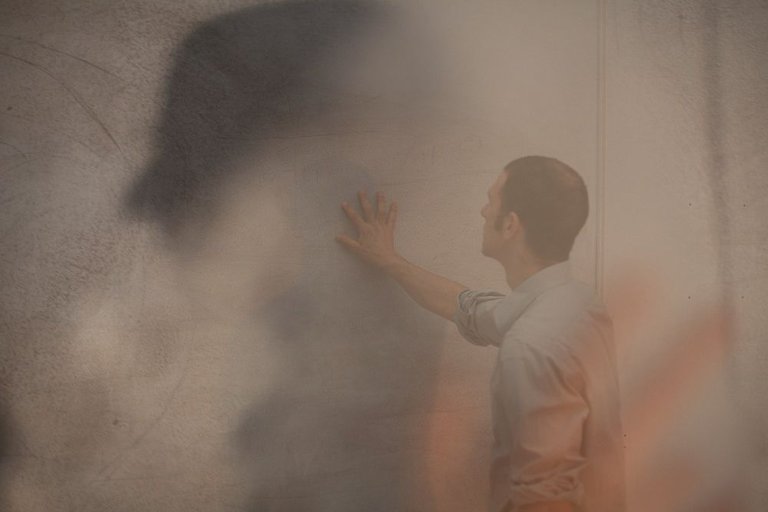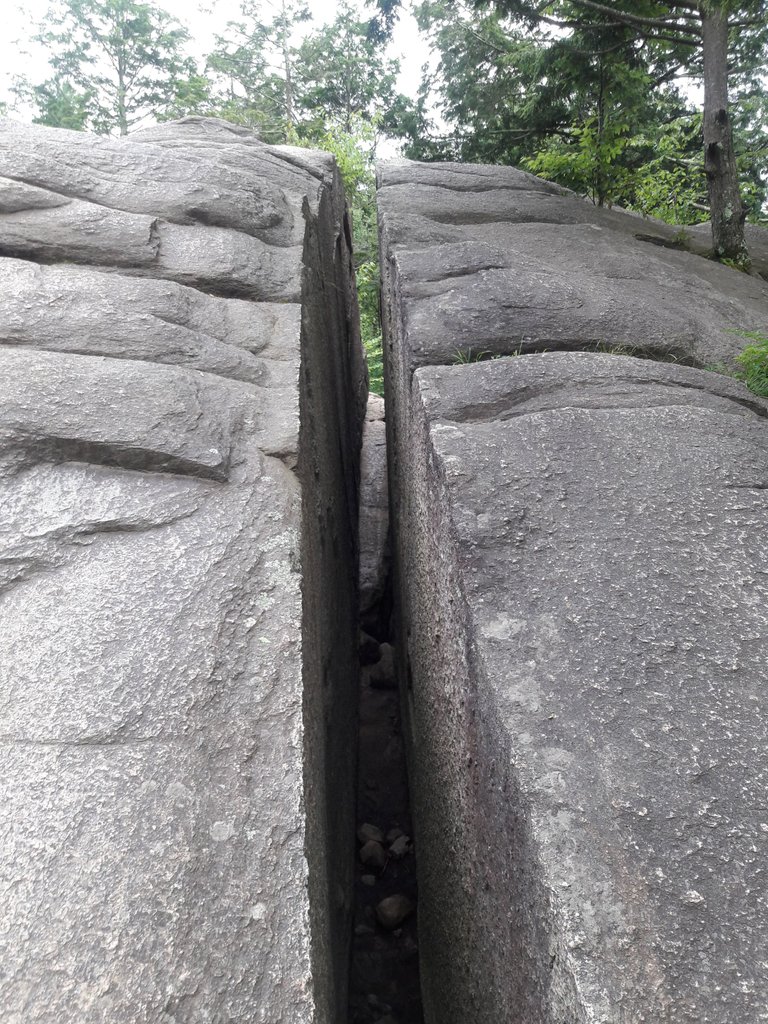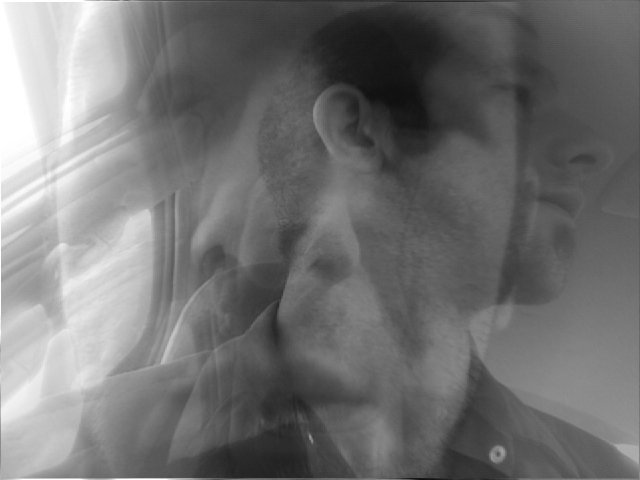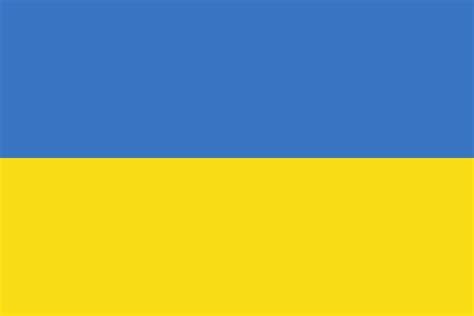Reflections from a Diaspora Ukrainian Jew on War, Exile, and Resilience Across Ancestral Timelines

My people are from the Ukraine.
From Kyev and Odessa. Or rather from somewhere outside of Kyev in a place called Ashna Goborna - so the story goes. We found out later that Ashna Gaborna (which is certainly spelled wrong, even for a transliteration) actually means something along the lines of East Bumf*ck, or The Middle of Nowhere.
I know almost nothing of this part of my family. I should add I know little about Ukranian history too and am educating myself along the way. Please comment with clarifications, corrections, or other relevant insights. Anyway, as the story goes, we fled pogroms back in the early 1900s or late 1800s. My ancestors are Jewish. For the Jewish people of the Ukraine, it was be killed or have your homes destroyed in the pogroms, join the Czar’s army, or flee. So we fled. One side to Ireland, the other side more directly to the US.
My intent here is to look towards my relationship to the genocides and expulsions of my ancestors from the Ukraine and at other moments in Jewish history to make personal my relationship to the current war and refugee migration from that part of the world. My imagination is, in the process of exploring the parallels, I might make the news stories a little more real and intimate and accessible to my feeling caring sensate self. At the same time, I hope to learn something about how to contextualize present day trauma in the larger arc of a peoples’ ancestral history.
Since my ancestors were ousted from the Ukraine, my family has been rootless. Sure, many in my extended family own a house, and some of them have been in the same city or town for decades. But that’s something altogether different from belonging to a land. From indigeneity. From the sense of belonging that raises out of many generations being born, having kids, growing old, and dying in relation to the same land. Eating the land, being buried in the land, living life by the cycles of the land. Finding belonging through the rhythmic cycles of seasons and expanses of landscapes that are known in the bones from time immemorial. To own land is not to be of the land. That is what many of these Ukrainians are losing now, as my people did then - their indigeneity.
No two parts of my present day family live in the same state. I have family in Massachusetts, New York, Florida, California, Arizona, Hawaii, Minnesota, Ohio. No part of the family has been where they are for more than two generations. Most of them have moved multiple times. So the Ukraine was the last place that my people had an ancestral root. Where we belonged to the land and understood its cycles and seasons, culture and ecosystems. The last place where we belonged. Now we are diaspora seeking to cease momentum and naturalize to a new place. A place that does not yet know us.

What happens when you tear something from where it belongs through violence? What happens when relations to place in ecosystems developed over centuries are destroyed and a people are forced to wander? I believe place is important. As well as being Jewish, I am an animist - which means that I believe that all beings, all places, even all ideas are living animate forces with whom we cultivate relationship- and those relationships matter. Our homeland can be a place of power for us, not just because it belongs to us, but because we belong to it. The trees and mountains, the quality of the skies and the rhythm of the cities, the scuttling of the birds and squirrels - they come to know us. These relations are the context that inform spirituality. They form the more-than-human community to which we belong.
This history of genocide and displacement has repeated so many times for the Jewish people. As far back as the Jewish Slaves in Egypt wandering in the desert for 40 years before they could find a land that could hold them again. Throw on the expulsion from much of Europe in the middle ages, the pogroms of Russia and the Ukraine the genocide of WWII, and we have a long history of constant threat of annihilation and displacement from home and safety.
When roots are pulled up, they don’t always transplant easily back into healthy soil. [My initial writing of this included a typo - “don’t always transplant back into healthy soul.” Also true.] Finding an ecosystem that this foreign transplant can thrive in requires all kinds of compensations and adaptations. Hopefully the plants are stubborn, or resilient, or perhaps downright demanding. Survival strategies aren’t necessarily intended to make us like-able. They make us alive-able.
So what is the effect of groundlessness and placeless-ness? What becomes of a severed root. An inherited existential distrust of belonging. An anxious vigilance and deep down suspicion that the world is an unsafe place. The Ashkenazi Jewish people seem to have more genetic predispositions to various diseases than do most other populations. These are, particularly, auto-immune and nervous system diseases - Crohn’s, Ulcerative Colitis, Tay-Sachs Disease, Gaushes, the list goes on. The immune system is the vigilance system of the body. Its job is to identify and attack perceived threats. When a body has a story, justified over generations - that the world is threatening because of generations of genocide or displacement - everything is perceived as a threat and the ancestral back-log of trauma shows up in the somaticized forms of diseases.
And yet, we exist. Survival is a sign of resilience. All these adaptations, as expressed in somaticized symptoms of trauma, exist because our ancestors survived the unimaginable - again and again and again.
When the slaves of Israel followed Moses to go wandering in the desert, it was important that they wandered for 40 years. 40 years is at least one, if not two generations. It is enough time to forget, or at least dull, the horrors of the past. It was important that those who would structure, design, and govern the new home would not be crafting home in direct response to the oppressive structures they had just left. The pocket of time was a measure of hope that a new home could escape the repetition, or hyper-vigilant compensations, of the problems of the old social order. The desert is an in tact ecosystem. Not a barren dustbin. 40 years living in relation to the land and learning to listen to its cycles, becoming intimate with it’s language - this time is necessary for the re-tuning from a master-slave paradigm to a cosmology aligned with a living breathing land.
It seems to me, it is not just that the duration of groundlessness was long enough to un-tune the immediate imprints of suffering… It was also necessary to continue to orient towards hope. To orient to the trust that a place of safety and welcome, a fertile valley, was bound to exist eventually. A stubborn insistence that, despite a lifetime of experience with bondage and thirst, a place of nourishment and rest must exist. Without that pernicious weed of hope, the time of groundlessness could not have been so fruitful. This trust of movement and migration, this capacity to adapt to the groundlessness of the present while holding to the beacon of a land that will welcome you gently… this is the medicine of my people.
What other medicines have allowed the Jewish people to survive despite a long history of genocides and displacement? For that matter, what allowed them to hold onto that hope in the desert? I imagine a welcome of Grief is a part of it. Allowing the tears to water whatever barren land we’ve managed to plant our feet into and hope something grows? The tradition has holidays of remembrance that always combine measures of sweetness and bitterness. Celebration and play walk interwoven with acknowledgment of past and present suffering.
Tears are important. In my experience Jews welcome them more easily than many others. Yet too much salt alone will also kill your crops. So my people learned to make art out of tears. The haunting beauty of the violin, the joyful rhythmic stomp of the klezmer band. Music to travel to. Music to warm the heart round a fire in the Northern Winter or desert cold when you don’t know where home is.

The Ukraine is a complex place for me. It is a place with rich Jewish history and an even richer history of violent antisemitism. And I am not informed enough to sort it all out. I know the current president is Jewish. I know until the 1990s there were still educational institutions Jews couldn’t attend. I have never set foot on the soil there, so I don’t know how I would be treated. Would it feel like homecoming? Would it put me on guard?
What I do know is the people fleeing violence now are stepping into a similar story of being torn from land they belong to and into groundless vulnerability. I feel resonance with these people. I pray that all those displaced find a new home that welcomes them with resources and compassion. I pray that they have support to grieve what has been lost, to create rituals to honor where they come from, and to, when it is time, hold steady candles of hope for what a new home might offer. I pray that they have community, patience, and embodied practices to help navigate the deserts of groundlessness with its sandstorms of hate and despair. I trust that those ancestral lines are resilient, pernicious, and stubborn. That while many will die, many will also survive and that those who survive will do what life always does and find ways to adapt, compensate, and make it through for many, many generations. I trust that, hundreds of years down the road, some ancestor of a Ukranian refugee will again be writing something akin to these words, trying to understand something of themselves, their ancestors, and the world that they live in through a clumsy bunch of meandering parallels with some storm of violent current events in their own world. I bow deeply to this future ancestor.
At some point down the road, it would be good to reflect on how the descendants of those who inflict violence onto innocent lives come back into alignment. That is, perhaps, a far more confusing topic - woven deeply with the systemic dissociations that haunt systems of power. For now, I envision a nest, a tent, a home, a root for all of those who have lost homes and loved ones. May you know belonging and safety.

All photos and photo collages were made by me.
Please follow me for future writings on body, ancestry, animism, trauma, belonging, and more.
For a change of tone, here's a love poem. One of a series.